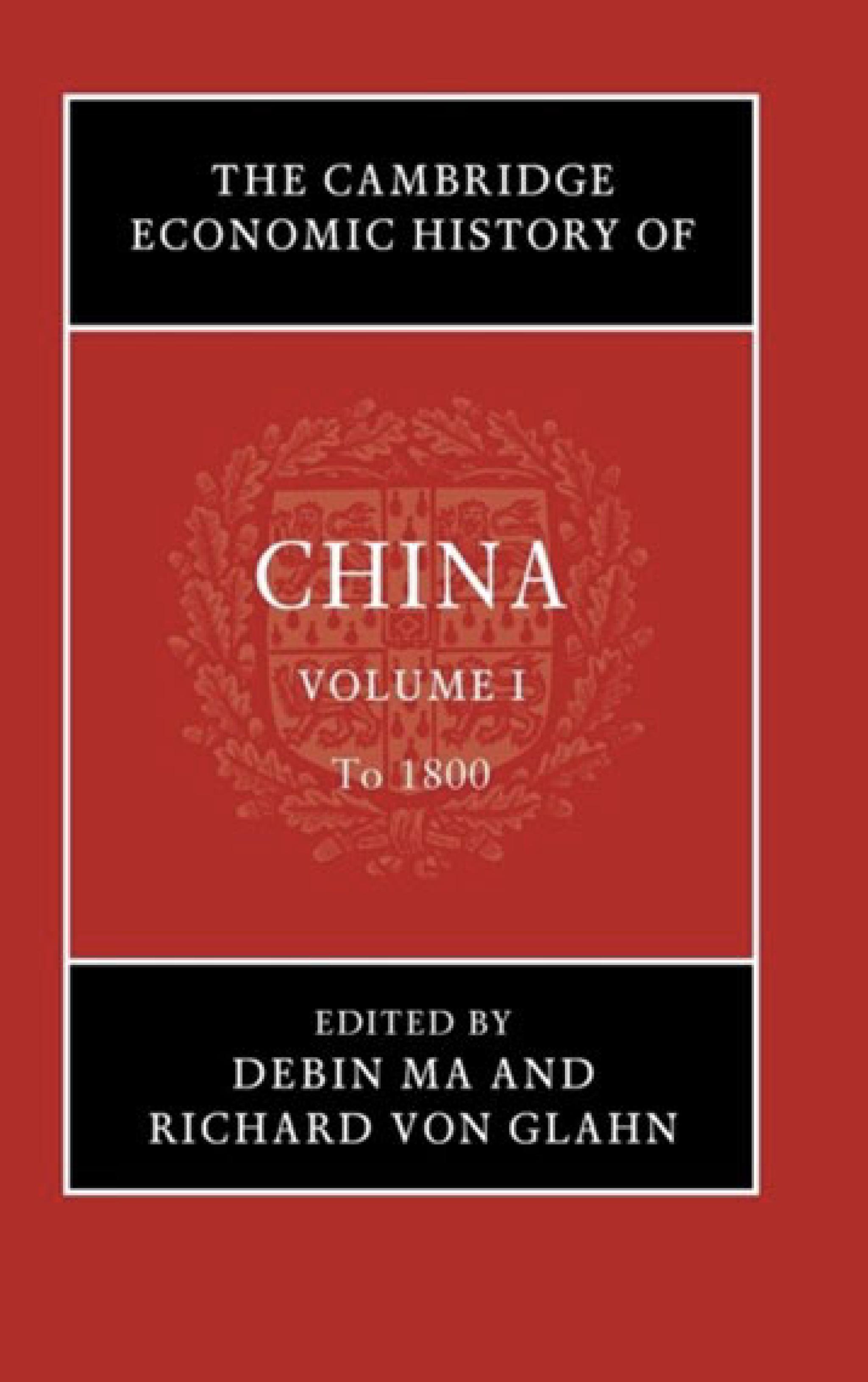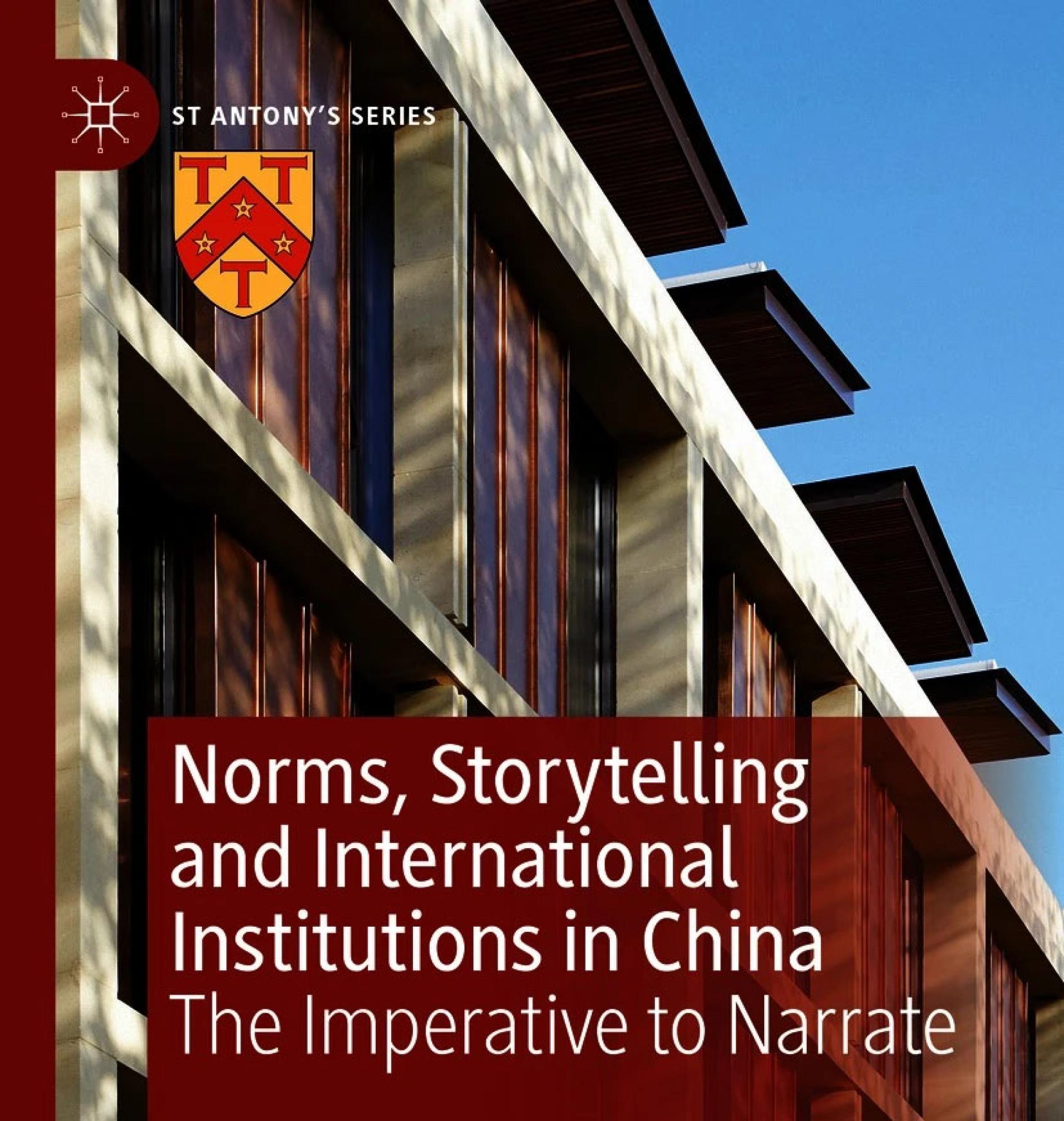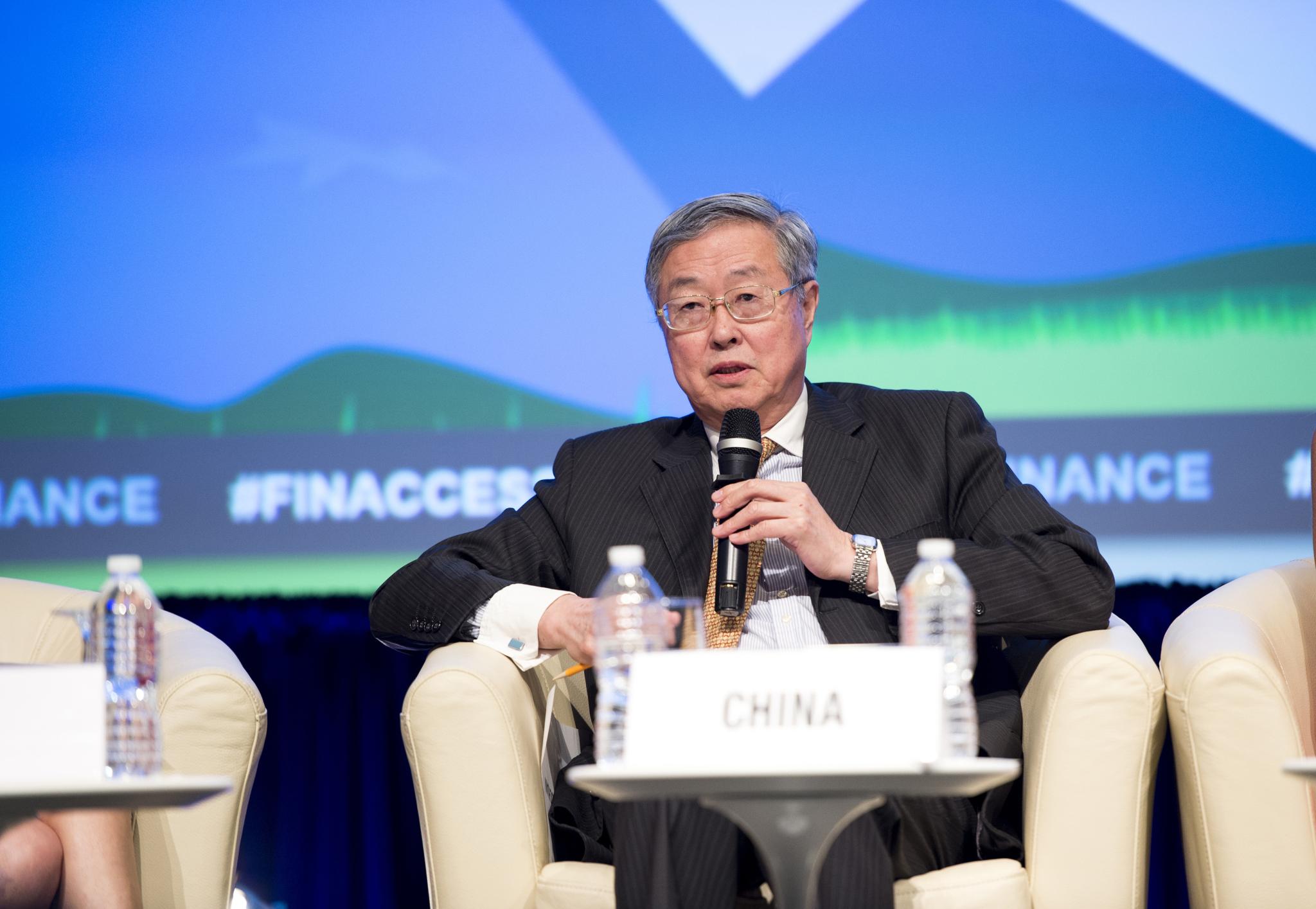Since 2013, China has launched bold new institutions and projects, such as the Asian Infrastructure Investment Bank (AIIB) and Belt and Road Initiative (BRI), as part of an ambitious attempt to reform the global economy to make it ‘more just, equitable and effective’ for developing nations. But the economic ideas underpinning these institutions and projects are not new.
Through an ARC DECRA and Westpac Research Fellowship, Associate Professor Amy King leads a research team investigating China’s role in shaping international economic orders between 1944 and 1955.
Please see the main project website for all project updates and recent developments.
Recently discovered archival records reveal that between 1944 and 1955 Chinese economists, state planners and government officials were at the centre of efforts to reconfigure the post-WWII international economic order.
This research program consists of two interrelated projects: A historical project exploring China’s role in shaping the post-World War II international economic order, from the Bretton Woods conference in 1944 to the Bandung conference in 1955; and a contemporary project examining the economic ideas and strategies underpinning 21st century Chinese initiatives.
Publications
- Amy King, ‘Power, shared ideas and order transition: China, the United States, and the creation of the Bretton Woods order’, European Journal of International Relations, 2022, Vol. 28, Issue 4, pp. 910–933.
- Amy King, ‘China’s external economic relations during the Mao years’, in Richard von Glahn and Debin Ma (eds), The Cambridge Economic History of China, Vol. 2, Cambridge: Cambridge University Press, 2022, pp. 685-721.
- Xiaoyu Lu, Norms, Storytelling and International Institutions in China: The Imperative to Narrate, Palgrave MacMillan St Antony’s Series, 2021.
- Rosemary Foot & Amy King, ‘China’s world view in the Xi Jinping era: Where do Japan, Russia, and the USA fit?’, The British Journal of Politics and International Relations, 2021, Vol. 23, Issue 2, pp. 210-227. (open access)
- Xiaoyu Lu, ‘The Imperative to Narrate: Personal Storytelling and LGBT Norm Translation in China’, Human Rights Quarterly, 2020, Vol. 42, Issue 3, pp. 545-572.
China's external economic relations during the Mao era
My chapter published in the Cambridge Economic History of China (Volume 2) upends the conventional view that China’s external economic relations were autarkic and isolationist under Mao. Between 1949 and 1959, China’s foreign trade grew faster than trade growth by other developing countries and all other Asian countries, and by the late 1960s, two-thirds of China’s trade was taking place with the non-Communist world.
I argue that five key factors (Soviet model; Cold War order; Japan; imperialism; and CCP political campaigns) shaped China’s trade, loans, foreign aid and investment ties, and Chinese ideas about the role of economics in foreign policy and relations with the outside world.
I explore the idea of “self-reliance” (自力更生) and argue that it enabled rather than stymied China’s willingness to absorb foreign technology and learn from the industrial paths of more advanced economies like Japan.
And though I could not have predicted that this volume would be published at a moment when we are all thinking about economic sanctions once more, my chapter shows how China’s experience of harsh US-led economic sanctions during the Mao era has shaped long-standing Chinese ideas of economic statecraft and the strategies needed to survive within the international economic order.


Norms, Storytelling and International Institutions in China
This book is a political ethnography of norm diffusion and storytelling through international institutions in China. It is driven by intellectual puzzles and realpolitik questions: are we converging or diverging on values? Do emerging powers reinforce or reshape the existing international order? Are international institutions socialising emerging powers or being used to promote alternative norms? This book addresses these questions through fieldwork research over three years at the United Nations Development Programme in China, the first international development agency to enter post-reform China in 1979. It provides a crucial case to study the everyday practices of norm diffusion in emerging powers, and highlights the central role of storytelling in translating and contesting normative scripts. The book selects norms in human rights, rule of law and development cooperation to analyse how translators and brokers innovatively use stories to advocate, and how these normative stories move back-and-forth between local-global spaces and orders.
- Wenting He, ‘Where is There Disagreement Over the Dimensions of the RPUIO and Why has Controversy Taken Place,’ Council for Security Cooperation in the Asia Pacific (CSCAP) Study Group, Hanoi, 25-26 May 2023.
- Amy King, Roundtable participant on Andrew Phillips’ How the East Was Won: Barbarian Conquerors, Universal Conquest and the Making of Modern Asia, Cambridge, UK: Cambridge University Press, 2021, (with George Lawson, Ayse Zarakol and Andrew Phillips), Australian Political Science Association Annual Conference, ANU, Canberra, 26-28 September 2022.
- Xiaoyu Lu and Rosemary Foot, Podcast on Norms, Storytelling and International Institutions in China: The Imperative to Narrate, Palgrave Macmillan St Antony’s Series, 2021.
- Amy King, ‘Chinese visions of international economic order change’, Contesting World Order Panel, Oceanic Conference on International Studies, Oceanic Conference on International Studies, Australian National University, Canberra, 10 December 2020.
- Amy King & Xiaoyu Lu, ‘Development without dependence: ideas, narratives, and the domestic origins of China’s international development policy’, Tackling the Domestic-International Nexus in Analysis of China and the Asia-Pacific Panel, Oceanic Conference on International Studies, Australian National University, Canberra, 9 December 2020.
- Xiaoyu Lu, ‘From Angola to Syria: Chinese Non-State Actors in Post-conflict Reconstruction’, International Studies Association MENA, 2020.
- Amy King, ‘China and International Economic Order: New Research Directions,’ Geoeconomics Working Group, Australian National University, Canberra, 29 July 2020.
- Amy King, ‘China and the Global Economic Order,’ Columbia-Harvard International Conference on China and the World, Australian National University, Canberra, 17-18 December 2019.
- Amy King, ‘Power, Shared Ideas, and Order Transition: China, the United States, and The Creation of the Bretton Woods Order,’ Global China Seminar, New Zealand Contemporary China Research Centre, Victoria University, Wellington, 10 October 2019.
- Amy King, ‘China, Development, and Bretton Woods: the Role of Collective Ideas in Order Transition,’ ISA Asia-Pacific Conference, Nanyang Technological University, Singapore, 4-6 July 2019.
- Xiaoyu Lu, ‘When Local Returns to the Global: Translating China’s Development Experience’, Ideas, Development, and East Asia’s order transition panel, ISA Asia-Pacific Conference, Nanyang Technological University, Singapore, 4-6 July 2019.
- Amy King, ‘China, Development, and Bretton Woods: The Role of Collective Ideas in Order Transition,’ Department of International Relations, Coral Bell School of Asia Pacific Affairs, Australian National University, Canberra, 20 May 2019.
- Xiaoyu Lu, ‘When Norms Become Narratives: A Political Ethnography of Norm Diffusion in UNDP China’, British International Studies Association, 2019.
- Amy King, ‘Present at the Creation? China in the International Economic Order 1944–1955,’ Regional Orders in International Law and History, Melbourne University, Melbourne, 10 July 2018.
- Amy King, ‘‘China as a ‘Norm-Shaper’ in the International Economic Order: From Bretton Woods to Bandung (1944-1955),’ International Studies Association, 58th Annual Convention, Baltimore, February 2017.
- Amy King, Discussant, ‘Australia, China, the Belt and Road and the Global System,’ Asian Bureau of Economic Research, National Institute of International Strategy, Chinese Academy of Social Sciences and Crawford School of Public Policy, Australian National University, Canberra, 11 December 2017.
- Amy King, ‘Present at the Creation? China in the International Economic Order, 1944-1955,’ School of Politics and International Studies Research Seminar, University of Queensland, Brisbane, 27 October 2017.
- Amy King, ‘Life after the TPP: Can Asia Reach an Economic Agreement?,’ Asia’s Multipolar Moment?, Australian National University, Canberra, 24-25 October 2017.
- Amy King, ‘China and the International Economic Order: Bretton Woods, Bandung and Beyond,’ School of Politics and International Relations Research Seminar, Australian National University, Canberra, 10 August 2017.
- Amy King, ‘China and the International Economic Order: from Bretton Woods and Bandung to AIIB and BRI,’ China's Foreign Policy and Regional Order, Griffith University Asia Centre, Brisbane, 28 August 2017.
- Amy King, ‘The Legacy of War: Postwar Ideas of Economic and Political Change in Asia and Beyond,’ Violence, Atrocity and Conflict: New Research from East Asia in Comparative Perspective with Europe, University of Oxford, Oxford, 16 June 2017.
- Amy King, ‘Transforming the International Economy and the Nation-State: China from Bretton Woods to Bandung (1944-1955),’ Seventh Oceanic Conference on International Studies, Oceanic Conference on International Studies, University of Queensland, Brisbane, 4-6 July 2016.
- Amy King, ‘Economics and Strategy,’ 50th Anniversary of the Strategic and Defence Studies Centre Conference, Australian National University, Canberra, 19-20 September 2016.

